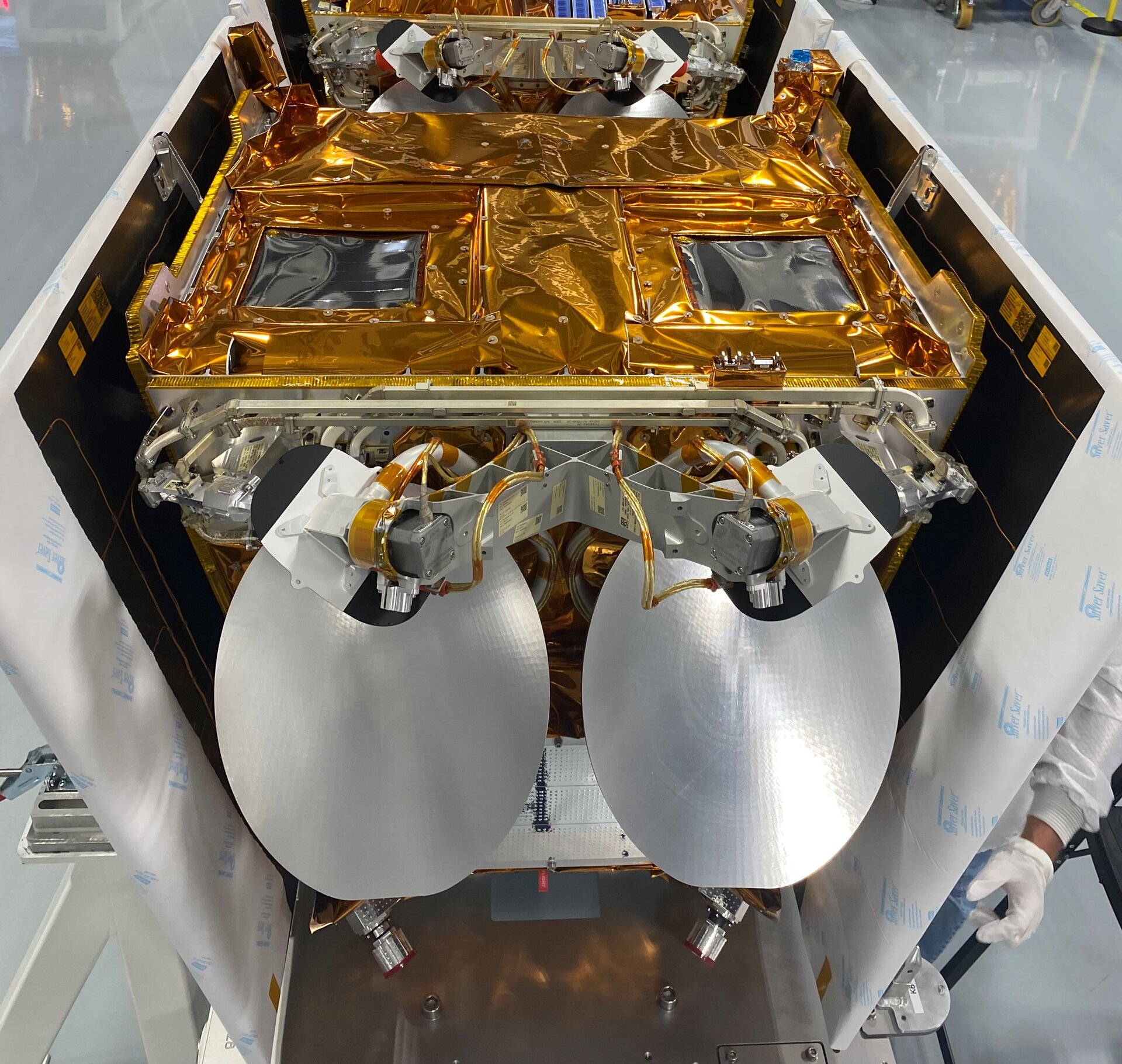The global insurance market experienced an estimated 7.5% growth during 2023. In the next decade the industry is expected to expand further by 5.5% each year. This growth will add almost EUR 5 trillion to the global premium pool, with Europe contributing around EUR 323 billion.
Macro-crises related to escalating geopolitical conflicts and increased frequency of climate change disasters are stimulating demand for insurance products that until now had limited request. These developments are making the insurance industry pivot towards ESG (Environmental, Social and Governance) centered activities, while simultaneously redirecting commercial operations to prioritise risk prevention over mitigation.
This shift will likely require the support of advanced technologies, capitalising on the already ongoing digital transformation of the sector. The adoption of Artificial Intelligence has the potential to support this transition whilst at the same time introduce new opportunities to disrupt current business models and value chains in the near future.
The impact of space
The insurance sector is already somewhat familiar with using space data in developing their policies. Big insurers like Generali, Swiss RE and Allianz have strong internal capabilities in the exploitation of satellite imagery for improving their underwriting and risk modelling. Space data can support in analysing, monitoring, and forecasting natural disasters and extreme weather events which can help the insurance industry to anticipate and provide better potential damage assessments and fasten access to compensation.
Index-based insurance policies are especially expected to increase in demand (e.g. field of agriculture) as they are more customised towards the policy holder and provide transparency and efficiency of pay-outs. Space data can support here (e.g. climate, extreme weather related) in defining and analysing the parameters of such policies. Other examples of space added value are environmental/air quality data for the health and life insurance, GNSS enabled trackers fitted to cars for providing more cost-effective usage-based insurance policies or providing connectivity for enabling insurance services in areas with insufficient terrestrial coverage.
In times of increased awareness for climate change and consumers demand for digitalisation, the insurance sector can now more than ever benefit from space enabled services and applications. The ESA’s experience in the past through partnerships with insurance providers like AXA and the managing of insurance related projects such as e-Drift and CASSIA gives it the needed expertise to support this sector in its transition.









